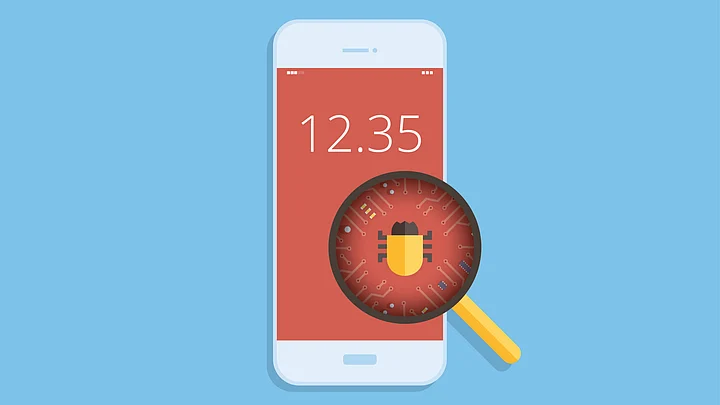Free antivirus apps on the Google PlayStore are a dime a dozen. But, a recent study by a security research firm has found that almost two-thirds of these applications are fake.
Security research company AV Comparatives had earlier discovered an antivirus app, which claimed to scan a mobile device for malware but was doing nothing of the sort. Turns out, the app just showed a notification that it was scanning for viruses and later displayed a message saying the “the device is free of malicious apps.”
This prompted AV Comparatives to do a study on similar antiviruses and subsequently it found almost 250 antivirus apps to be fake.
The Austria-based antivirus research firm had found only 80 apps delivered proper protection to the phone of the 250 apps it had tested.
In these tests, the company had subjected the so-called antivirus applications against attacks from malicious programs of 2018. Standard procedures required these apps to detect and eliminate 30 percent of these infections. Turns out, most of the apps failed miserably.
In some cases the apps were simply found to be buggy while others detected only a handful of very old Android malware samples.
According to these tests, the antivirus apps in question used to scan the package name of the program rather than scanning the app code. So, if an app had a package name that was matching with a name in the antivirus’ whitelist (apps marked safe), the antivirus would mark the app safe without even cross-checking.
This prompted many of these antiviruses to flag themselves as a threat.
Some of the antivirus applications that have been found to be reliable and safe are mostly the paid ones like Kaspersky, QuickHeal, AVG, McAfee and Symantec.
Most of these applications that were reported by AV-Comparatives followed a very similar pattern wherein it was more interested in displaying advertisements rather than detecting threats.
The research also mentioned that most of these applications “appear to have been developed by either amateur programmers or by software manufacturers that are not focused on the security business."
According to the research, it is expected that Google will remove most of these applications in the coming months. It has also prompted the vendors to remove the concerned apps until they can provide genuine and reliable protection to the user.
(At The Quint, we question everything. Play an active role in shaping our journalism by becoming a member today.)
